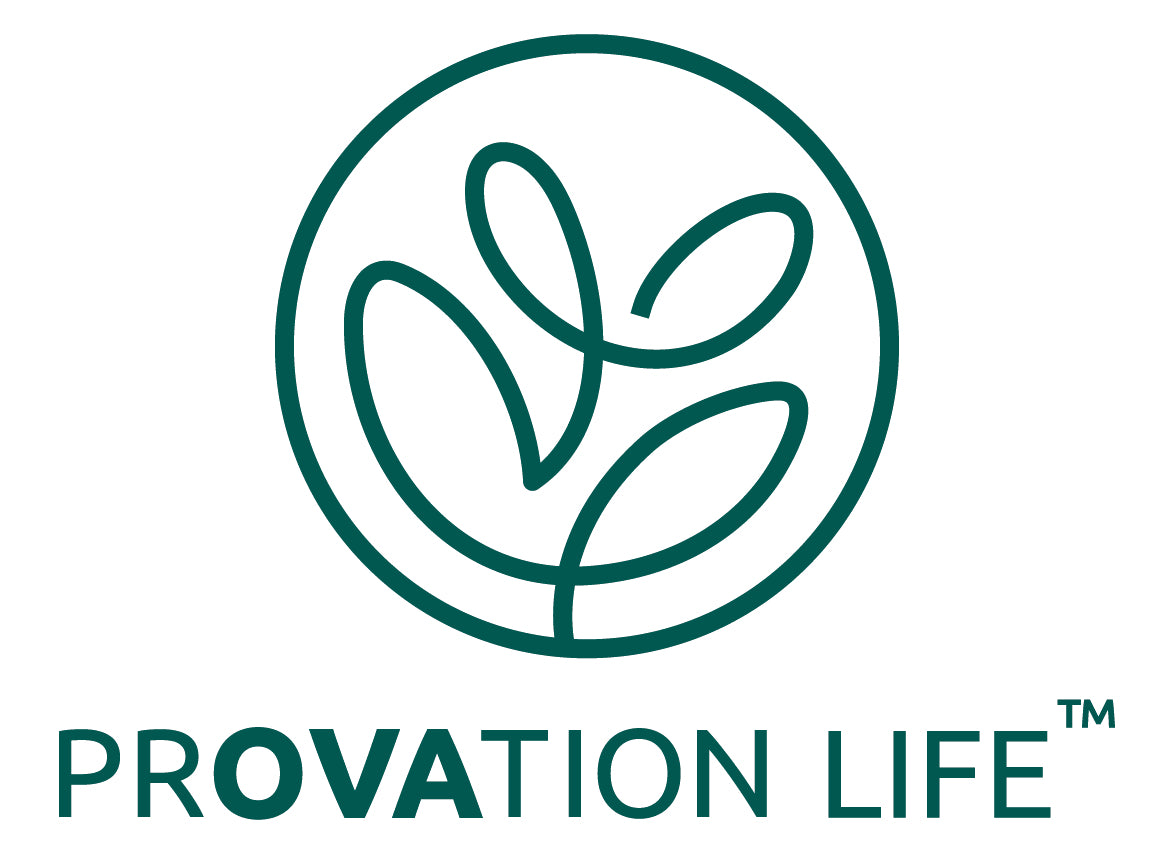Does Inositol Support Hair Growth?

Polycystic ovary syndrome (PCOS) is a hormonal disorder that affects women of reproductive age. A common symptom of PCOS is hair loss, also known as androgenetic alopecia. Ironically PCOS can also cause hair growth in unwanted areas, both of which are a result of hormonal imbalances.
PCOS can cause an increase in the production of androgens, which are male hormones that are also present in women. Androgens can cause hair loss by shrinking hair follicles, which leads to thinner hair and, in some cases, baldness.
If you are experiencing hair loss due to PCOS, there are several things you can do to help manage the condition:
- Work with your doctor to manage your PCOS symptoms, which may include medication to regulate your menstrual cycle and control androgen levels.
- Consider using hair loss treatments such as minoxidil, which can help promote hair growth.
- Eat a healthy, balanced diet that is low in sugar and refined carbohydrates, which can help regulate insulin levels and reduce androgen production.
- Use gentle hair care products and avoid hairstyles that pull on your hair, which can cause further hair loss.
- Consider speaking with a dermatologist or hair loss specialist who can provide additional guidance and treatment options.
- There are helpful supplements that can reverse some of the symptoms of the hormonal imbalance including Inositol.
The focus is on reversing the underlying insulin resistance and allow the hormones in the body to function properly and remain in balance. Inositol is a key player in this and helps improve insulin sensitivity.
Inositol Benefits for PCOS Hair Loss
Inositol is a type of carbohydrate that is commonly found in fruits, beans, grains, and nuts. It has been shown to have numerous health benefits, including promoting healthy hair growth. By improving the insulin sensitivity and improving the hormonal balance in the body it can reverse a lot of the troublesome symptoms of PCOS. But remember these symptoms did not start overnight and will not resolve in one day or even a week, you need to be implementing these changes over time.
Here are some potential benefits of inositol for hair:
- Promotes hair growth: Inositol helps to strengthen hair follicles, which can lead to increased hair growth. It may also help to prevent hair loss by stimulating the production of new hair follicles.
- Reduces dandruff: Inositol has been shown to help reduce the production of sebum, which is a natural oil produced by the scalp. Excessive production of sebum can lead to dandruff, so reducing sebum production can help to alleviate this condition.
- Improves hair texture: Inositol can help to improve the overall texture and quality of hair. It can help to reduce frizziness and make hair smoother and shinier.
- Prevents breakage: Inositol helps to strengthen hair strands, which can prevent breakage and split ends. This can lead to healthier-looking hair that is less prone to damage.
Overall, inositol can be a beneficial supplement for those looking to improve the health and appearance of their hair. However, it's important to talk to a healthcare professional before starting any new supplement regimen.
Don’t be discouraged, these take time to take effect and every step in the right direction is a step to health.
Related articles:
Inositol: Fertility and Conception Benefits

